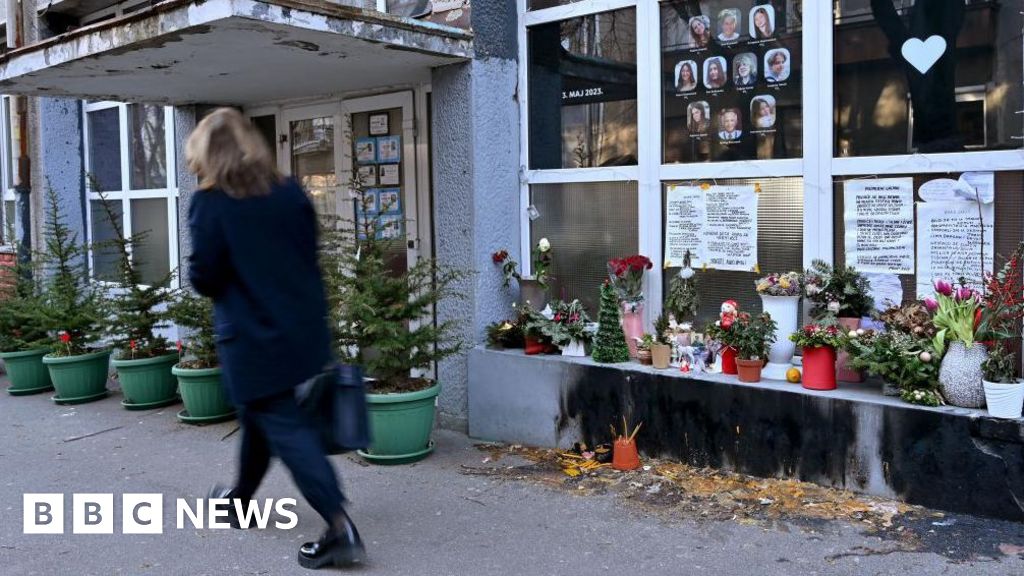Place your adverts here on InfoDig @ low rates; banner ads, sponsored links and guest articles etc. Contact us
Idi Amin Dada who became known as the "Butcher of Uganda" for his brutal, despotic rule as the President of Uganda in the 1970s, was perhaps the most notorious of Africa's post-independence dictators. Amin seized power in a military coup in 1971, ruled over Uganda for eight years, and imprisoned or killed at least 100,000 of his opponents. He was ousted in 1979 by Ugandan nationalists, after which he went into exile.
As Uganda approached independence, Amin's close colleague Apollo Milton Obote, the leader of the Uganda People's Congress (UPC), was made chief minister and then prime minister. Obote had Amin, one of only two high-ranking Africans in the KAR, appointed as first lieutenant of the Ugandan Army. Sent north to quell cattle stealing, Amin perpetrated such atrocities that the British government demanded he be prosecuted. Instead, Obote arranged for him to receive further military training in the U.K.
On his return to Uganda in 1964, Amin was promoted to major and given the task of dealing with an army in mutiny. His success led to a further promotion to colonel. In 1965, Obote and Amin were implicated in a deal to smuggle gold, coffee, and ivory out of the Democratic Republic of the Congo.
A parliamentary investigation demanded by President Edward Mutebi Mutesa II put Obote on the defensive. Obote promoted Amin to general and made him chief-of-staff, had five ministers arrested, suspended the 1962 constitution, and declared himself president. Mutesa was forced into exile in 1966 after government forces, under the command of Amin, stormed the royal palace.
Idi Amin began to strengthen his position within the Army using the funds obtained from smuggling and from supplying arms to rebels in southern Sudan. He also developed ties with British and Israeli agents in the country. President Obote first responded by putting Amin under house arrest. When this failed to work, Amin was sidelined to a non-executive position in the Army. On January 25, 1971, while Obote was attending a meeting in Singapore, Amin led a coup d'etat, taking control of the country and declaring himself president.
Popular history recalls Amin's declared title to be "His Excellency President for Life, Field Marshal Al Hadji Doctor Idi Amin, VC, DSO, MC, Lord of All the Beasts of the Earth and Fishes of the Sea, and Conqueror of the British Empire in Africa in General and Uganda in Particular."
Amin was initially welcomed both within Uganda and by the international community. President Mutesa—fondly known as "King Freddie"—had died in exile in 1969, and one of Amin's earliest acts was to have the body returned to Uganda for a state burial. Political prisoners (many of whom were Amin followers) were freed and the Ugandan Secret Police was disbanded. At the same time, however, Amin formed "killer squads" to hunt down Obote's supporters.
Obote took refuge in Tanzania, from where, in 1972, he attempted unsuccessfully to regain the country through a military coup. Obote supporters within the Ugandan Army, predominantly from the Acholi and Lango ethnic groups, were also involved in the coup. Amin responded by bombing Tanzanian towns and purging the Army of Acholi and Lango officers. The ethnic violence grew to include the whole of the Army, and then Ugandan civilians, as Amin became increasingly paranoid. The Nile Mansions Hotel in Kampala became infamous as Amin's interrogation and torture center, and Amin is said to have moved residences regularly to avoid assassination attempts.
His killer squads, under the official titles of "State Research Bureau" and "Public Safety Unit," were responsible for tens of thousands of abductions and murders. Amin personally ordered the execution of the Anglican Archbishop of Uganda, the chancellor of Makerere College, the governor of the Bank of Uganda, and several of his own parliamentary ministers.
In 1972, Amin declared "economic war" on Uganda's Asian population, a group that dominated Uganda's trade and manufacturing sectors as well as a significant portion of the civil service. Seventy thousand Asian holders of British passports were given three months to leave the country, and the abandoned businesses were handed over to Amin's supporters.
Amin severed diplomatic ties with Britain and "nationalized" 85 British-owned businesses. He also expelled Israeli military advisors, turning instead to Colonel Muammar Muhammad al-Gadhafi of Libya and the Soviet Union for support.
from facts daily on facebook












![Nigerians React As Speed Darlington Regains Freedom After Arrest By Burna Boy [Video]](https://media.kanyidaily.com/2024/10/09111021/Speed-Darlington-1.jpg)


 English (US) ·
English (US) ·